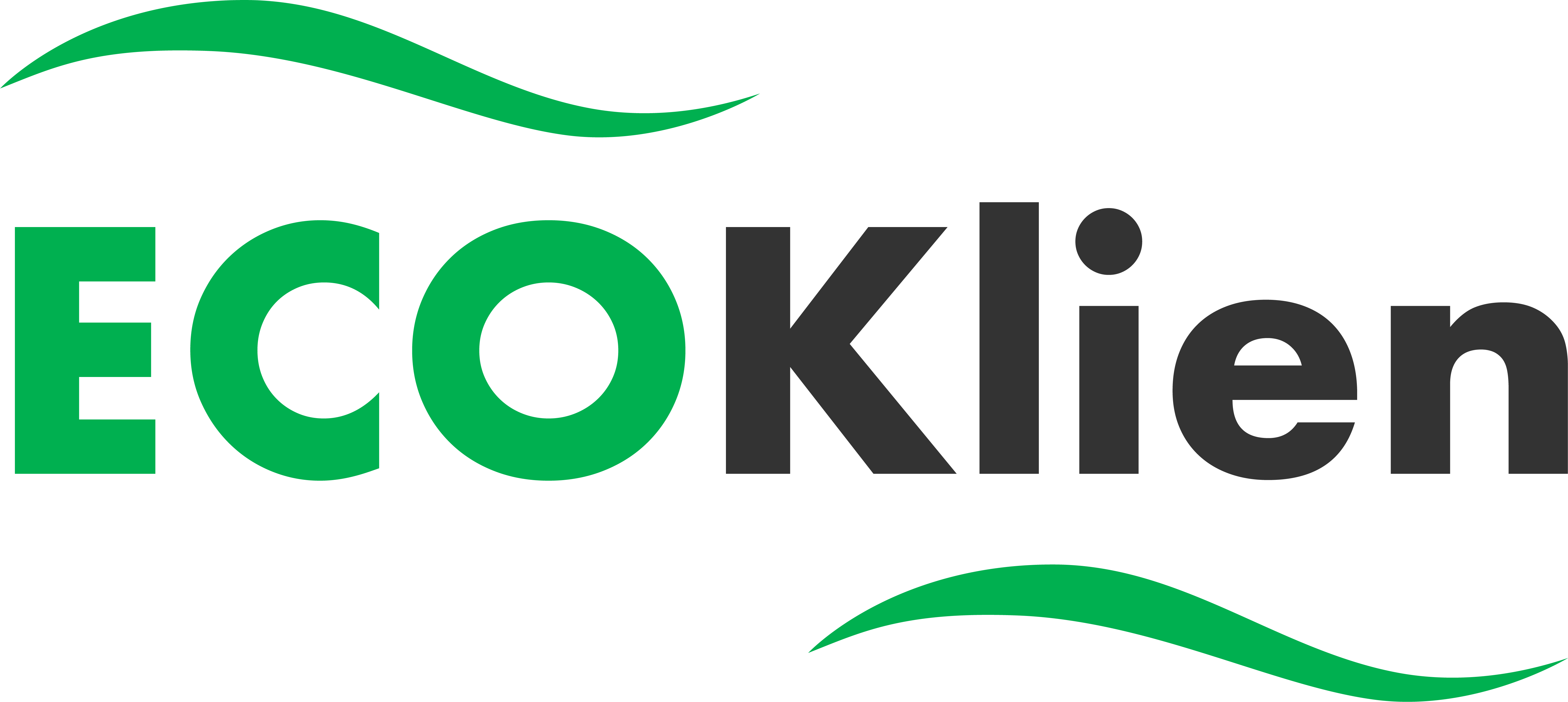What is Biomedical Waste?
“Biomedical waste” means any waste, which is generated during the diagnosis, treatment or immunization of human beings or animals or research activities pertaining thereto or in the production or testing of biological or in health camps – CPCB
- Infectious waste: Blood, blood products, cultures, stocks, and other body fluids.
- Sharps: Needles, syringes, scalpels, and other sharp objects.
- Pathological waste: Human anatomical waste, animal carcasses, and body parts.
- Chemical waste: Discarded chemicals used in laboratories and other healthcare settings.
The Impact of Improper Biomedical Waste Disposal
Improper handling and disposal of biomedical waste can have serious consequences for human health and the environment. Some of the potential risks include:
- Spread of Infectious Diseases: Untreated biomedical waste can harbor pathogens that can cause serious infections, such as HIV, hepatitis B, and hepatitis C.
- Environmental Contamination: Improper disposal can lead to soil and water contamination, affecting ecosystems and human health.
- Accidental Injuries: Improper handling of sharps can result in accidental injuries to healthcare workers.
ECOKlien: A Solution to the Biomedical Waste Problem
ECOKlien is a cutting-edge solution designed to address a major part of biomedical waste management – Biomedical Liquid Waste Treatment. This advanced liquid waste treatment system effectively treats and disinfects various types of liquid waste, including:
- Laboratory waste
- Surgical waste
- Other liquid effluents
By using advanced technologies, ECOKlien ensures that biomedical liquid waste is properly treated before disposal, minimizing the risk of infection and environmental contamination.
Key Benefits of Using ECOKlien:
Compliance with Regulations: Adherence to local, state, and federal regulations regarding waste disposal.
Reduced Risk of Infection: Effective disinfection of liquid waste reduces the risk of exposure to bloodborne pathogens.
Environmental Protection: Safe disposal of treated waste minimizes the impact on the environment.
Improved Efficiency: Streamlined waste management processes and reduced labor costs.
